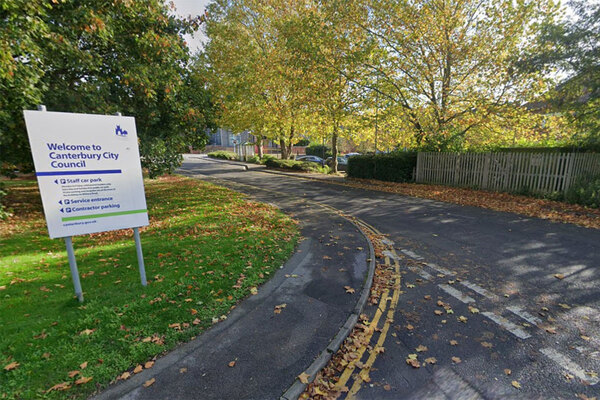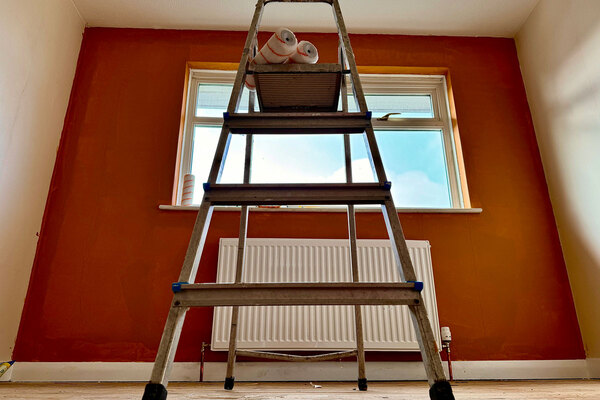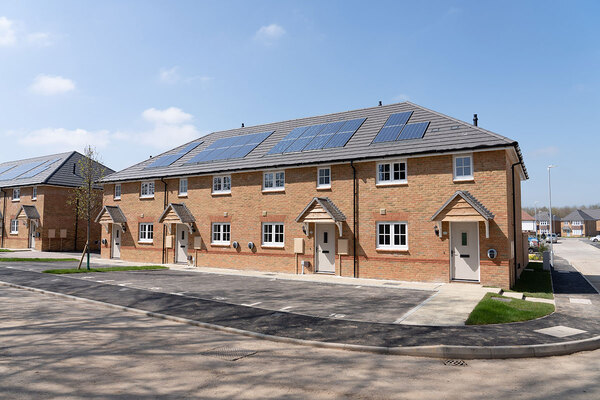You are viewing 1 of your 1 free articles
Resident group claims announcement of 7.7% social rent increase for 2024-25 was ‘quietest in history’
A resident group has said it believes the government was hoping that its announcement of a 7.7% rent cap for 2024-25 would go unnoticed because it is an election year.

At the end of last week, the Department for Levelling Up, Housing and Communities (DLUHC) updated its website to reveal that social housing providers in England will be able to raise rents by up to 7.7% next year.
This will apply to rents for new and existing tenants from April 2024 this year.
But as the information was not shared ahead of time to news organisations, the Social Housing Action Campaign (SHAC) accused the government of trying to sneak the rise out during an election year.
SHAC said: “The low-key publicity surrounding this statement no doubt reflects the government’s recognition that sharply hiking rents for the poorest and most vulnerable tenants in Britain is not a good look in an election year, and are hoping that it will go largely unnoticed.”
DLUHC only confirmed the changes for the rent formula by updating its Rent Standard guidance documents, including new tables setting out annual rent increases for 2024-25.
This 7.7% for 2024-25 is based on the current five-year settlement of the Consumer Price Index (CPI) plus 1% permitted rent increases, set at the September 2023 CPI figure, which was 6.7%.
When the government set the current 7% ceiling on rent for 2023-24 following a consultation, it was understood that this was an exception to the five-year rent settlement due to the higher-than-expected levels of inflation.
What is different about the new increase is its application to formula rent caps, which is the maximum weekly rent for a tenant who is granted tenancy of a property for the first time.
This is set via a calculation for each property based on the relative value of the property, relative local income levels, and the size of the property.
This means that where the formula rent would be higher than the rent cap for a particular size of property, the cap must be used instead.
The formula rent caps, set out for 2024-25, are: £188 for one-beds and bedsits, £199 for two-bedroom homes, and £210 for three-beds.
In addition, four-beds will be set at £221, five-beds at £232 and homes with six or more bedrooms at £243.
In its update to the Rent Standard document, the government said: “Registered providers must comply in full with all the requirements and expectations set out in this 2023 Rent Standard.
“They must additionally comply with all the requirements and expectations of the Rent Policy Statement on the setting, increase and decrease of rents and service charges.”
The standard does not apply to shared ownership low-cost rental accommodation, intermediate rent accommodation, specialised supported housing, relevant local authority accommodation, student accommodation, temporary social housing, care homes and private finance initiative social housing.
A snap survey by Inside Housing in February 2023 found that most social landlords in England would raise general needs rent by the 7% cap the government set last year.
Given the challenges facing the sector, it is expected that the response will be the same to the 7.7% increase for 2024-25.
It has long been a call of the sector for a fairer, longer-term rent settlement to create stability and help associations plan and invest for the future.
One expert from the National Housing Federation (NHF) told Inside Housing in September that this was needed to avoid the current approach, which was to blame for “decades of piecemeal and short-term policies [that] have caused England’s housing emergency”.
Alistair Smyth, director of policy and research at the NHF, added: “We are therefore calling for an inflation-linked rent rise, but with a floor and ceiling built in, to protect tenants from very high increases and eliminate the need for frequent government intervention.”
DLUHC has been approached to respond to the claims made by SHAC.
Sign up for our regulation and legal newsletter
Already have an account? Click here to manage your newsletters











